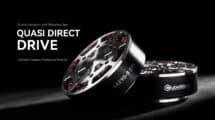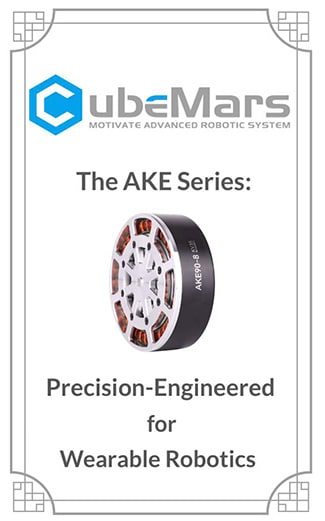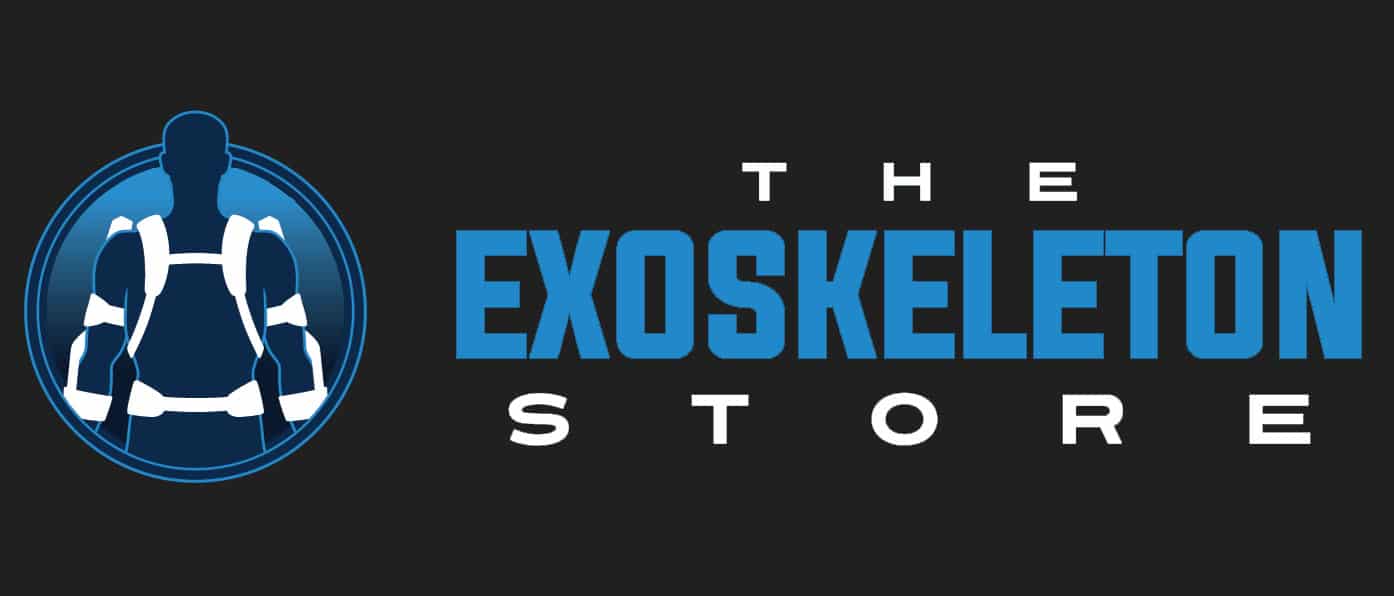How would one go about studying the acceptance of exoskeleton technology? As wearable robotics are becoming more accessible to older people, how are the new assistive devices being perceived? For example, it is very possible that a user’s attitude while using a medical exoskeleton can be critical to the final outcome. In the most extreme cases, there are people that directly refuse to even try using an exoskeleton offered to them as part of their physical rehabilitation program.
The Open University Health and Wellbeing Research has been kind enough to host and publish a seminar by Linda Shore, a doctorial candidate (at the time of publishing the seminar) at the School of Desing, University of Limerick, on the subject of perception and technological acceptance of exoskeletons by older adults. Linda participated in the XoSoft Horizon 2020 Project in addition to her significant prior experience in design. Her work is based on more than five months of field research consisting of observations, audio and image capture, and semi-structured interviews with participants 60 years of age and older.
Seminar Presentation:
Points of Interest:
- Older adults have a wide range of comfort with the ever-evolving modern technology.
- There is a self-fulfilling prophecy that older people are unable to learn and have no use for modern technology.
- There are already existing acceptance models for mobile phones, laptops, and companion robots but not ones for exoskeletons.
- Exoskeletons present an additional layer of complexity because the user has to be comfortable to the point of being willing to wear the device directly on their body.
- The overall consensus was that black is not a good color for a wearable robot.
Discussion:
The conducted fieldwork suggests that any new technology acceptance models (TAM) for exoskeletons will require three new constructs:
- Experiential Perception – generated noise, does it draw attention, heat, ventilation, etc…
- Self-Liberty – does the user feel that they are in full control of the device
- Quality of Life Enhancement – does it ease or provide independence for activities of daily living (ADI)
Linda’s work in the acceptance of robotics assistive devices is an excellent entry point of the topic of acceptance of exoskeletons by older adults. This is a topic that we are sure to revisit often and soon as the average age of the population in developing countries continues to increase.
References:
Seminar – Perceptions & Technology Acceptance of Exoskeletons by Older Adults, OU Health and Wellbeing PRA, YouTube, Nov 13, 2019, https://www.youtube.com/watch?v=Y_oVGBY4Whw&feature=emb_logo
About, Open University Health & Wellbeing, Last accessed on Dec 7, 2019: https://healthwellbeing.kmi.open.ac.uk








Add Comment